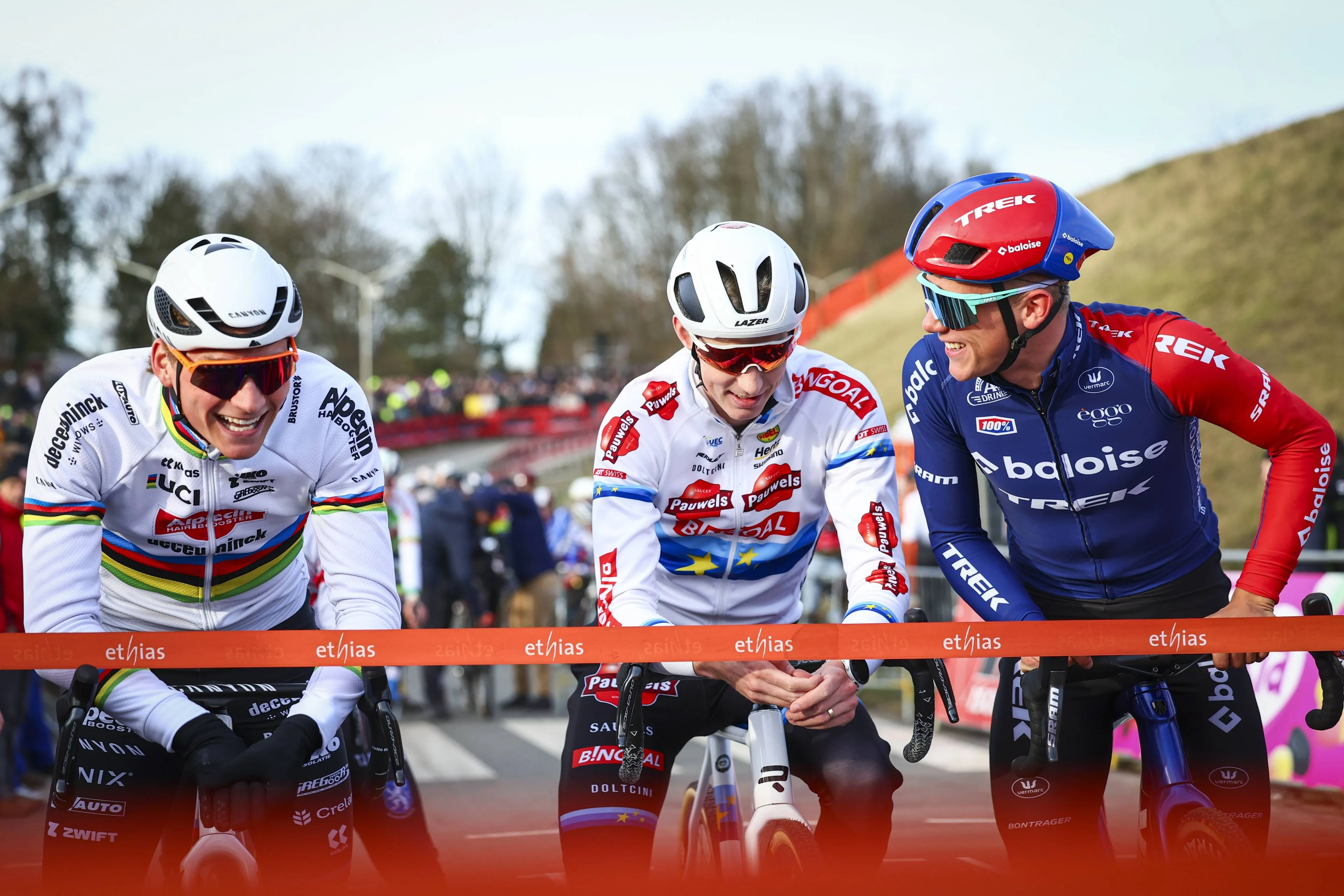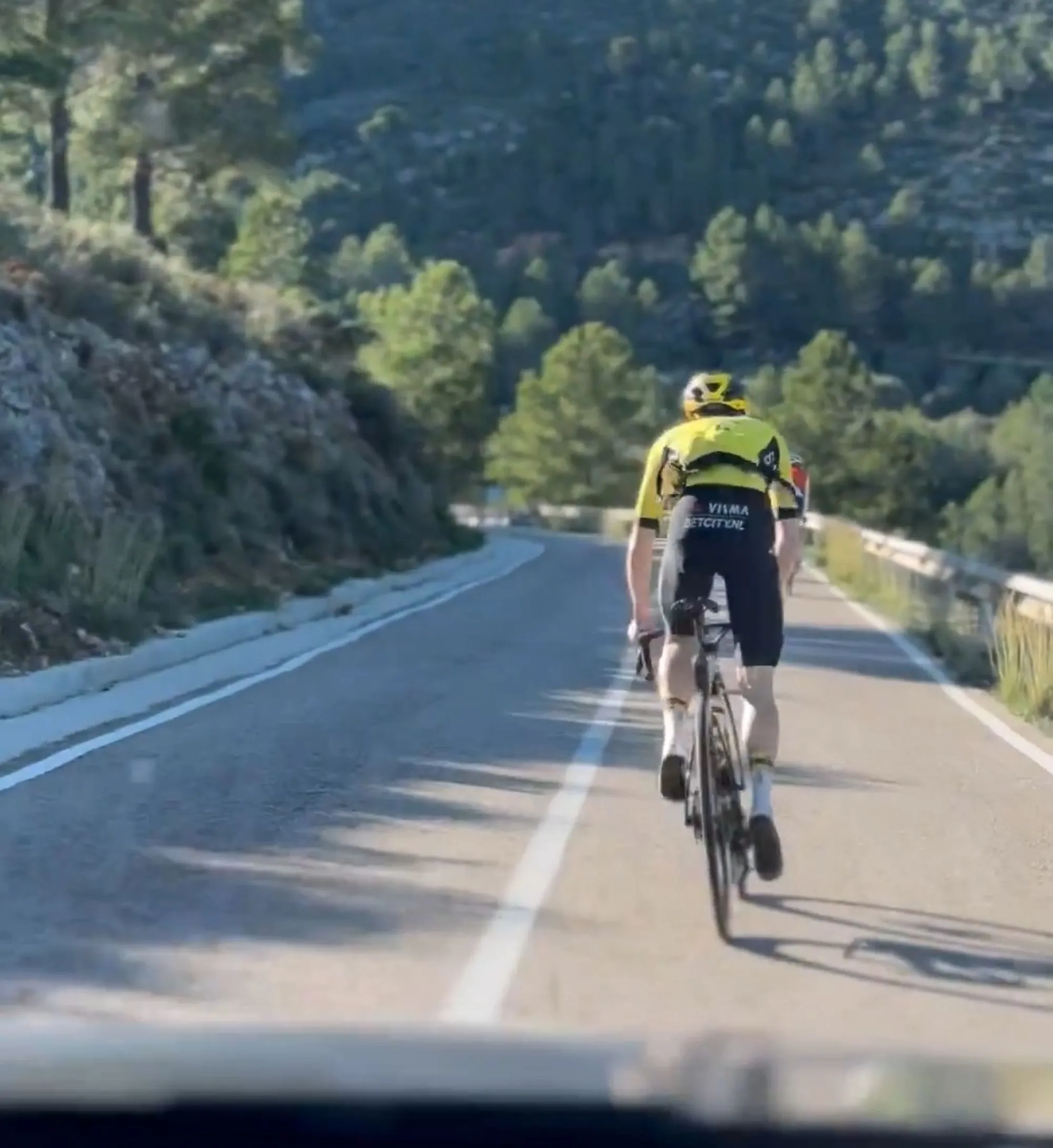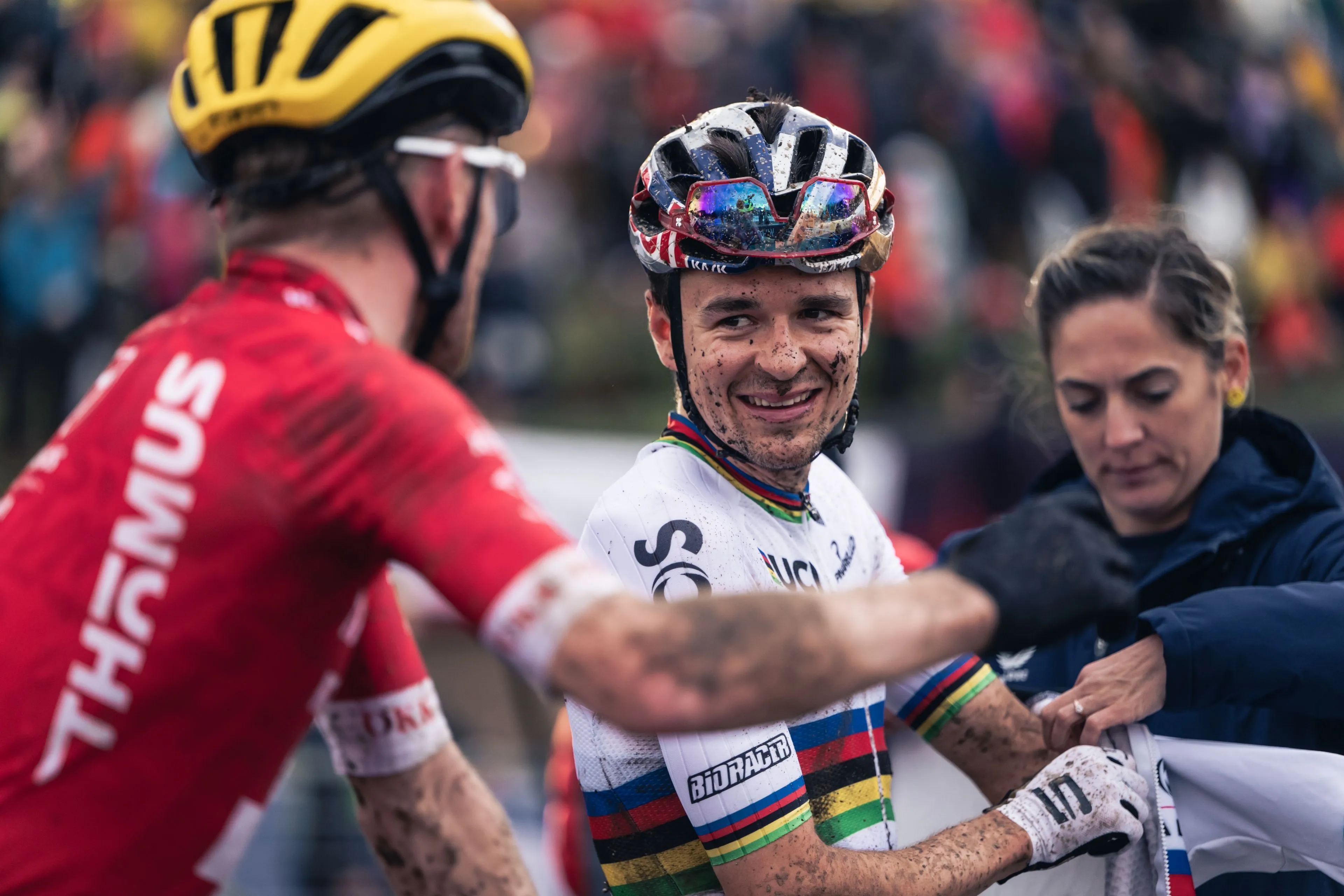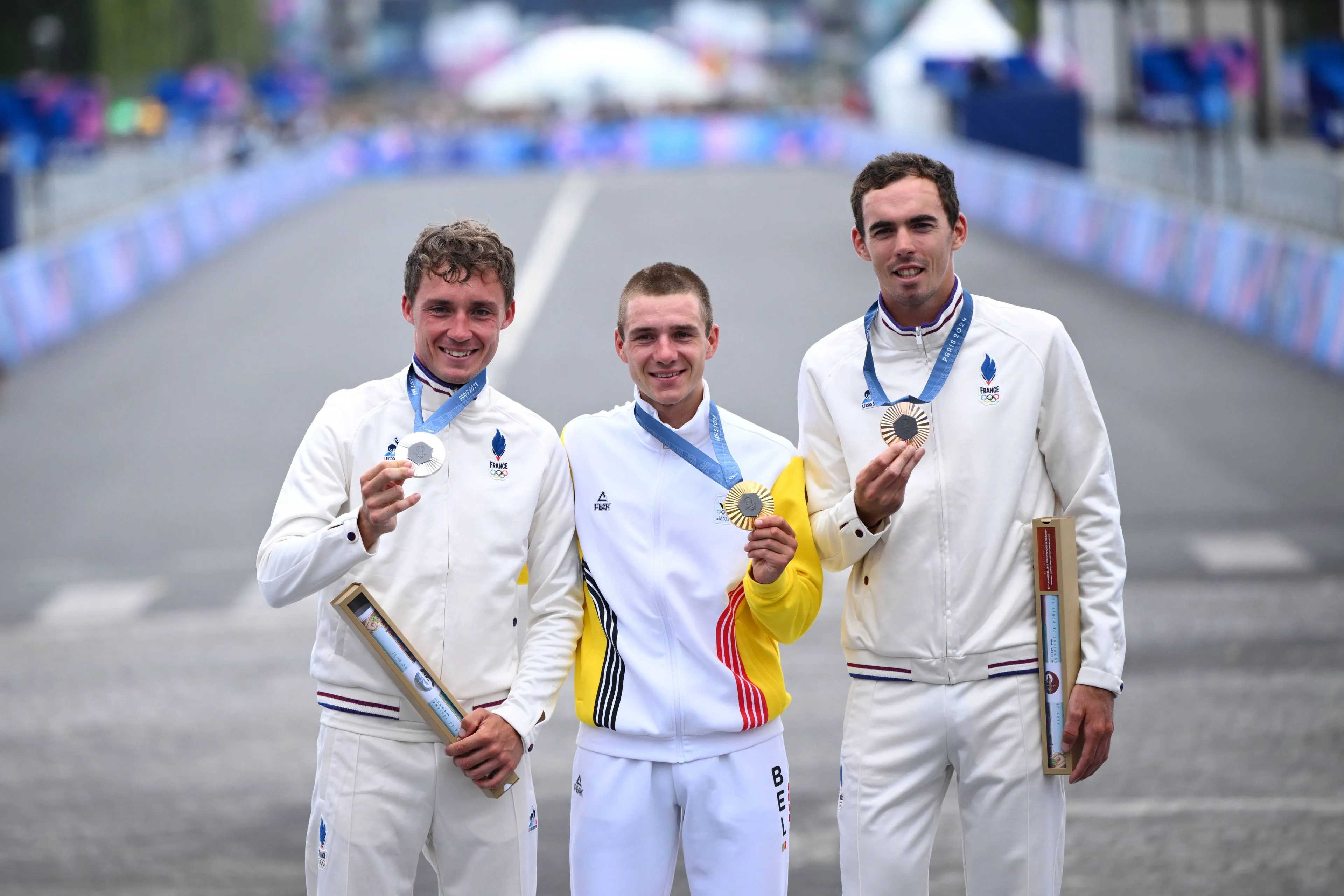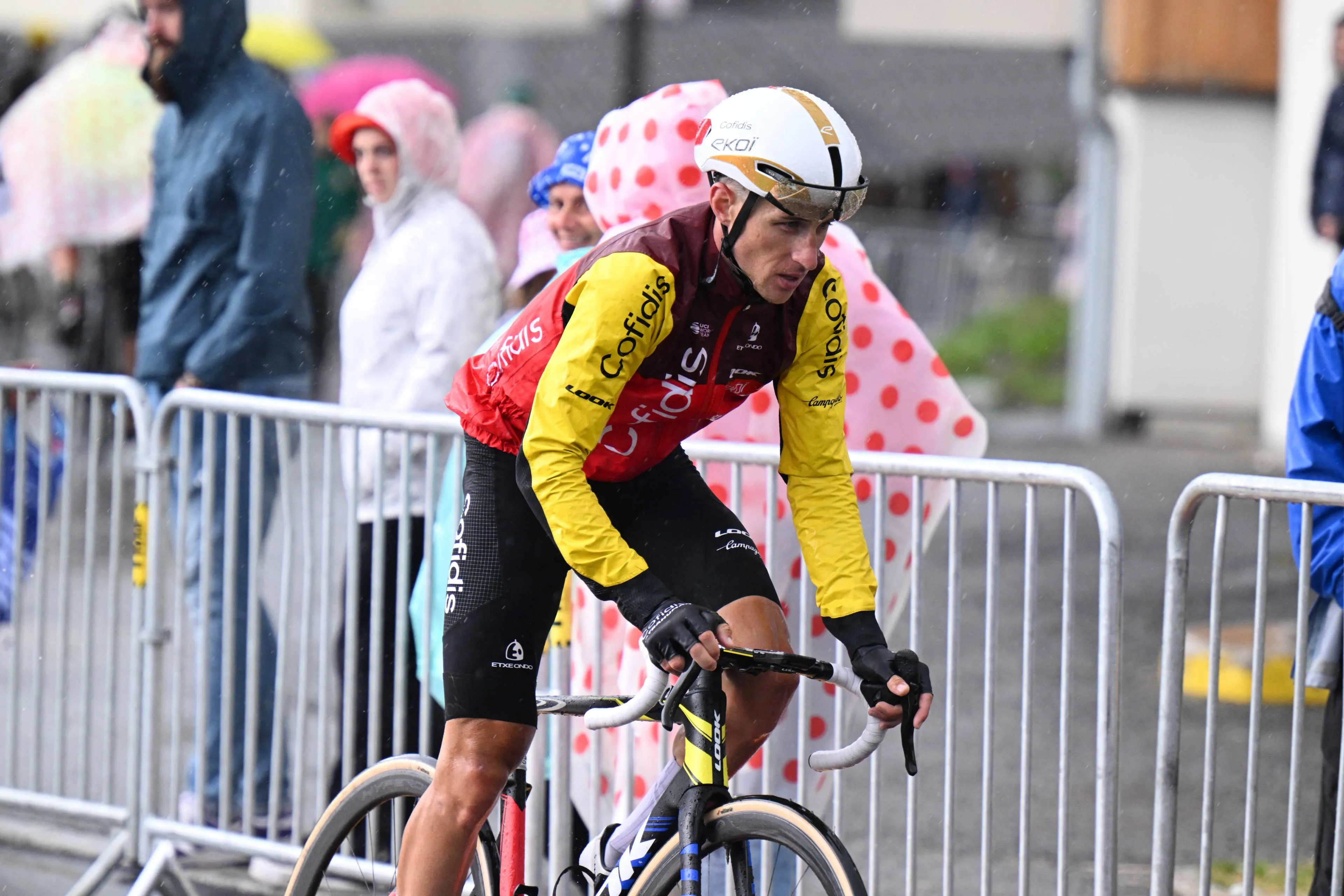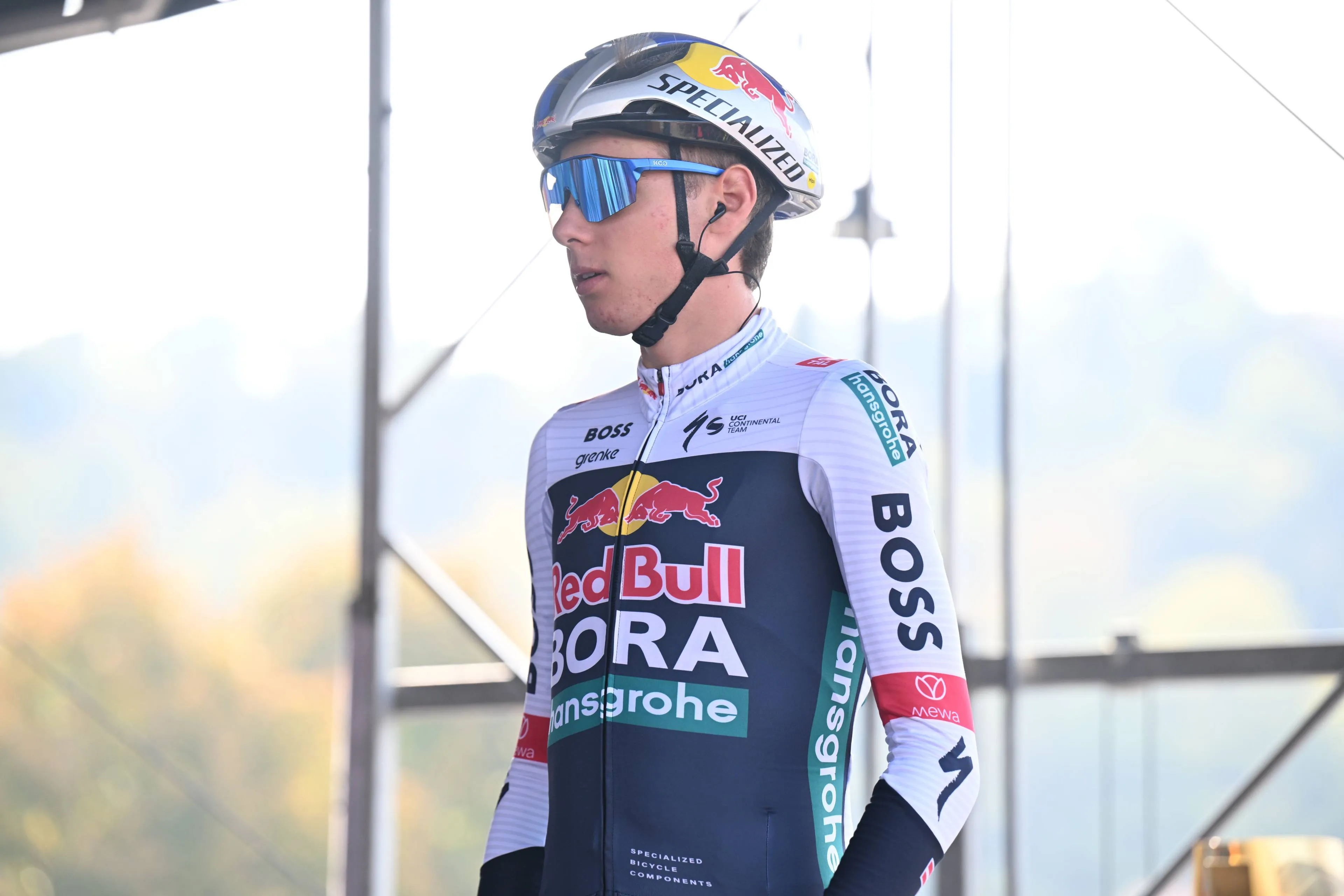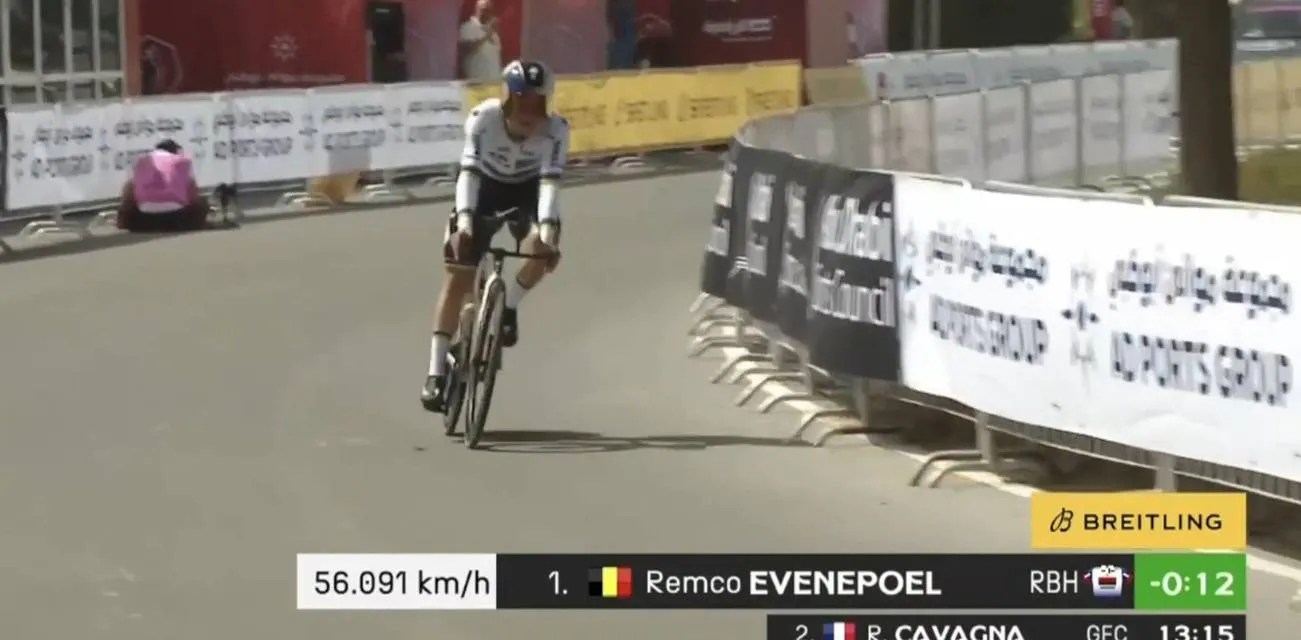OPINION: Primoz Roglic’s decision to race the Giro d’Italia shows that he is content to not win the Tour de France
CyclingTuesday, 17 December 2024 at 10:19
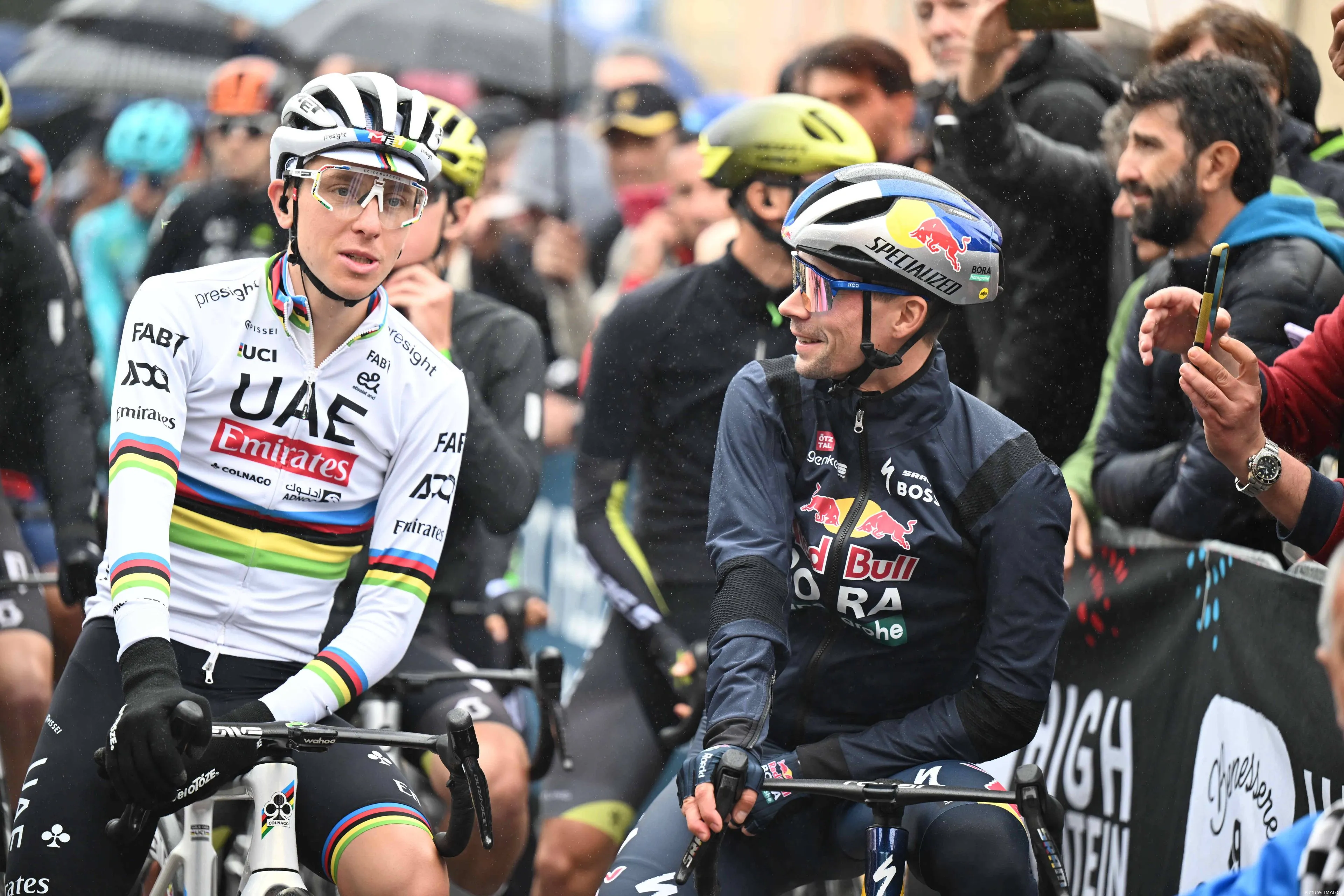
Few riders in cycling history have displayed the ability to
come back from setback after setback, crash after crash, like Primoz Roglic. A
former ski jumper turned cyclist, Roglic's journey from Slovenia's winter
slopes to the summits of grand tours has been one of the stories of the past
decade in cycling. He has emerged as one of the greatest riders of his
generation, boasting a palmares that includes four Vuelta a España titles, a
Giro d’Italia victory, and a host of other prestigious wins. However, there is
one glaring omission on his résumé: the Tour de France.
For years, Roglic has suffered horrible luck and been unable
to claim ultimate prize, and once again in 2024 he suffered a crash that dumped
him out of the race. And now, with the announcement that his main focus in 2025
will be the Giro d’Italia as well as the Tour, it seems Roglic himself might be
coming to terms with the possibility that the yellow jersey will never be his.
Read also
Roglic’s Tour de France nightmare
For many cycling fans, Roglic’s name will forever be tied to
those incredible three weeks of racing at the 2020 Tour de France. That edition
of the race produced one of the most heart-wrenching finales in not just
cycling history, but in sports history. Roglic, riding for Team Jumbo-Visma,
seemed poised to win his first yellow jersey after leading for much of the
race. With the support of a dominant team, Roglic held a comfortable lead going
into the final time trial on the penultimate day.
But cycling, like life, is rarely predictable. Tadej Pogacar,
his young Slovenian compatriot, produced the ride of a lifetime on the Planche
des Belles Filles, overturning a 57-second deficit to claim the yellow jersey
and usurp his countryman. Roglic, shell-shocked and defeated, was left to
process one of the most dramatic collapses in Tour history.
Read also
It wasn’t just the loss itself that stung, it was the way it
unfolded. Roglic had ridden a near-flawless race, managing his efforts with
precision and relying on his team’s dominance to control the peloton. But one
bad day, one brutal time trial, was all it took to shatter his dreams. The
image of Roglic crouched on the floor, broken from his effort, is one that
symbolises the brutality of professional sport.
It’s essential to acknowledge just how talented Roglic is.
His transformation from ski jumper to world-class cyclist is a testament to both
his natural athletic abilities, and his work ethic. Few riders in history have
won grand tours with the consistency Roglic has shown. His four Vuelta titles,
including his 2024 victory with Red Bull – Bora – hansgrohe, place him among
the legends of the sport. Add to that his Giro triumph in 2023, where he
overcame his own demons and a late mechanical scare to snatch victory on Monte
Lussari in a final day time trial, and it’s clear that Roglic has nothing left
to prove.
Read also
But there lies the paradox. Roglič’s achievements and accolades
are of the elite, yet his career will always be compared to those of his
generational rivals: Pogacar and Jonas Vingegaard. Both riders have multiple
Tour de France titles to their names, and their successes have, in many ways,
overshadowed Roglic’s brilliance. This is not due to a lack of ability but
rather to circumstances. In another era, Roglic might have been the dominant
force in cycling. Instead, he has been unlucky to compete against two of the
best riders the sport has ever seen.
Why the Giro and the Tour
Primoz Roglic’s decision to target the Giro-Tour double in
2025 raises interesting questions. While Roglic has not ruled out winning the
Tour, his focus on the Giro could suggest he sees a more realistic path to
success in Italy, especially if Tadej Pogacar opts not to race there. Roglic
would of course dream of emulating Pogacar in winning both in the same season,
but in reality his choice to begin the season at the Giro seems deliberate.
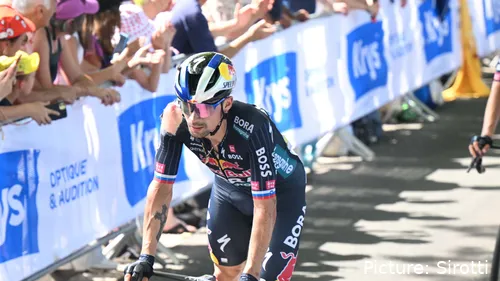
Primoz Roglic suffered more bad luck at the 2024 Tour de France
“I always like to
win. I look to next season to try to still improve here and there. I have to do
that in some aspects and also try to evolve as a team. I still have challenges
that appeal to me. And one of them can be to win the Tour de France. I could
say yes, I would like to win it, but also my palmarès will be fine if I don’t get it.”
With four Vuelta titles and a Giro victory already to his
name, Roglic’s palmarès is among the finest of his generation. The Giro
d’Italia, often less predictable and slightly less competitive than the Tour,
presents a strong opportunity for Roglic to claim another Grand Tour crown, and
his second pink jersey. However, his inclusion in the Tour line-up shows he is
not shying away from the ultimate challenge, and still wants to compete with
the very best as he showed he is still capable of this year, when he won the
Dauphine and the Vuelta.
Read also
If Roglič’s Tour ambitions have been derailed by anyone,
it’s Pogacar and Vingegaard. Pogacar’s rise to the top of cycling has been a
defining narrative of the past few years, and he was the first to usurp Roglic,
as he did back in 2020. Meanwhile, Vingegaard, Roglic’s former teammate at
Jumbo-Visma, has proven himself as the only rider capable of consistently
challenging Pogacar at the Tour, and usurped Roglic himself as Visma’s team
leader back in 2022.
For Roglic, the prospect of defeating both riders in a
single Tour de France seems daunting, if not impossible. In recent years, the
race has become a two-horse battle between Pogacar and Vingegaard, with Remco
Evenepoel seemingly the most likely of any to close the gap. Roglic, now 35, may
no longer has father time on his side.
Read also
Does 2020 define Roglic’s career?
The question remains: will the 2020 Tour de France always
define Roglic’s racing career?
It’s a difficult
question to answer. On the one hand, that defeat was a defining moment in his
career, showcasing both his excellence and his vulnerability. On the other
hand, the answer is a definitive no. Roglic has achieved more than 95% of
professionals could ever dream of, and it is unfair to define him by that
horrible day on stage 20 of the 2020 Tour.
Read also
Ultimately, Roglic’s decision to race the Giro in 2025
reflects a deeper truth: he is content with his career. His statement that “my
palmarès will be fine if I finally don’t get [the Tour]” speaks volumes, the
Slovenian is at peace with his place in the sport, and he seems to value the
journey as much as the destination.
Roglic has won almost everything there is to win in cycling,
and his ability to pick himself up and evolve as a rider has kept him at the top of the
sport for nearly a decade. While the yellow jersey may remain out of reach,
Roglic’s legacy is secure.
It’s better if you mark your calendar too ✔️
— Giro d'Italia (@giroditalia) December 14, 2024
“Ci vediamo al Giro”#GirodItalia @rogla @RBH_ProCycling pic.twitter.com/OR5OypF4U7
claps 0visitors 0
Just in
Popular news
Latest comments
- Completly agree, Jan was in front of van gils, following Pidcock wheel, it was Van gils who tried to force his way through Jan and the barriers. Are they blaming Jan because he belongs to the richest team that win a lot?
 maria2024202418-02-2026
maria2024202418-02-2026 - Clickbait title, not reality-based. Yawn.itsent18-02-2026
- lame, but probably correctantipodeanpedalfan18-02-2026
- Van Gils rode like wanted to get crashed or way too over confident that he was going to overtake Jan before getting pinched. It was obvious were Jan was going/had to go and MVG had the whole road to give an inch so he would have a chance to overtake on the rightjad2918-02-2026
- Double book this showing with the Melania documentary and you might get 100 people to see it...total !frieders318-02-2026
- Simple solution...stay off the barriers since you might get closed out ! Christen's sprint was legal as he was trying to get into the slipstream of Pidcock.frieders318-02-2026
- I believe Remco now understands that he will have issues reaching the top step as long as Tadej is in the Tour, whiles he's a year junior to Tadej he has had his upper body rebuilt twice now from crashes over the last few years. I think he has a chance to win the Tour in a few more seasons, you can only prepare yourself as best you can and try. He said he needs to race some more one week stage races, he should, he can probably win them all. I also believe Remco should aim for another Vuelta if he comes out of the Tour in good form and maybe he should think about the Giro again for next season. This is potentially Tadej's fifth Tour win coming up this year, no one is going to derail that unless he falls off the bike or gets really sick.awp17-02-2026
- Not only will the great narcissist get his voice, but he'll benefit financially from this as well. Who says that cheating and lying your way to victory doesn't pay?
 santiagobenites17-02-2026
santiagobenites17-02-2026 - It'll make a good double feature with the Michael Jackson soft focus biopic.LumbarDeniro17-02-2026
- Yeah, whilst MVDP would never break a bone on the MTB... 😂Sexass17-02-2026
Loading
1 Comments
